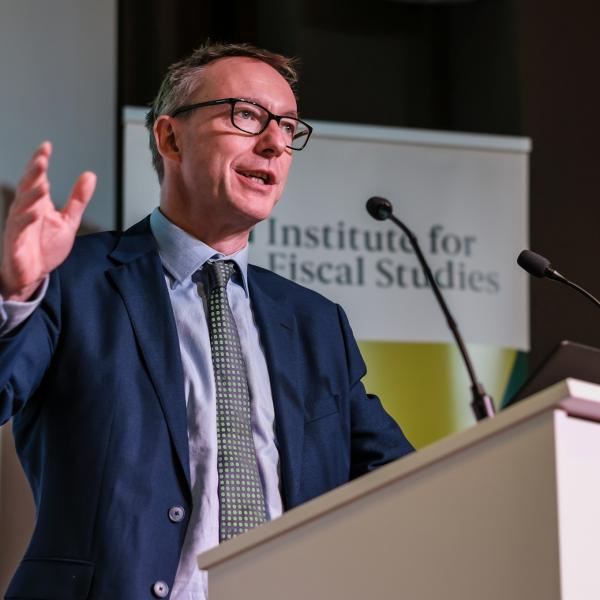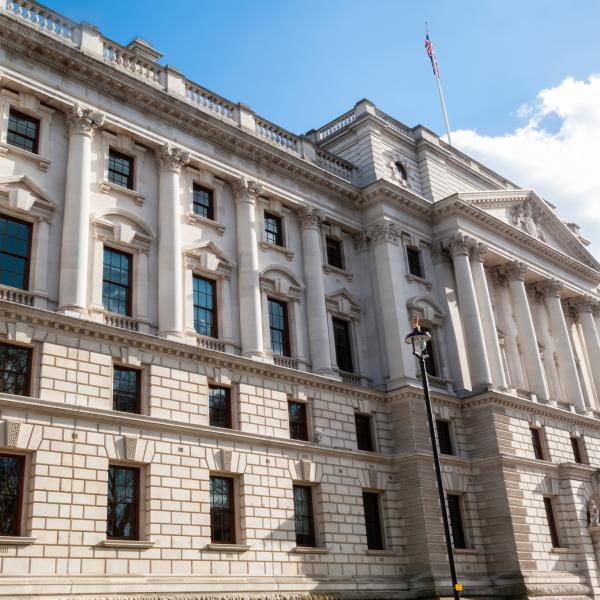Corrective taxation is often used to discourage certain sorts of behaviour – be that smoking, drinking or unhealthy eating, to name a few. In the UK, these corrective taxes make up over 7% of total tax receipts and are often taxes that we hear politicians make announcements about, so it is important to understand how and why these taxes work. In this webinar we will discuss a number of questions including: On what basis are such taxes justified? What does economic theory tell us about how high or low these taxes should be? Who bears the burdens of such taxes?
Each year early career economists at IFS deliver a day of public economics talks, aimed at A-level and undergraduate students who have an interest in economics or might want to pursue a career in public policy research.
At each talk researchers address a key topic in economics that is important to public policy, such as inequality, the provision of healthcare or the effects of an ageing society. They draw on new research to demonstrate how economic theory and empirical research can help us better ask and answer the key questions, as well as providing a valuable evidence base upon which policy-makers can draw.
As part of this year’s Festival of Social Science, and for the first time, we will be live streaming and recording a selection of topics from the series.
These webinars are primarily aimed at final year undergraduates studying economics, but should be useful to anyone interested in the subject. There will be time allowed for Q&A on the topic, as well as questions on what economists actually do at an organisation like the IFS.
Follow us on Facebook to watch live.
This event is part of the ESRC's Festival of Social Science.








